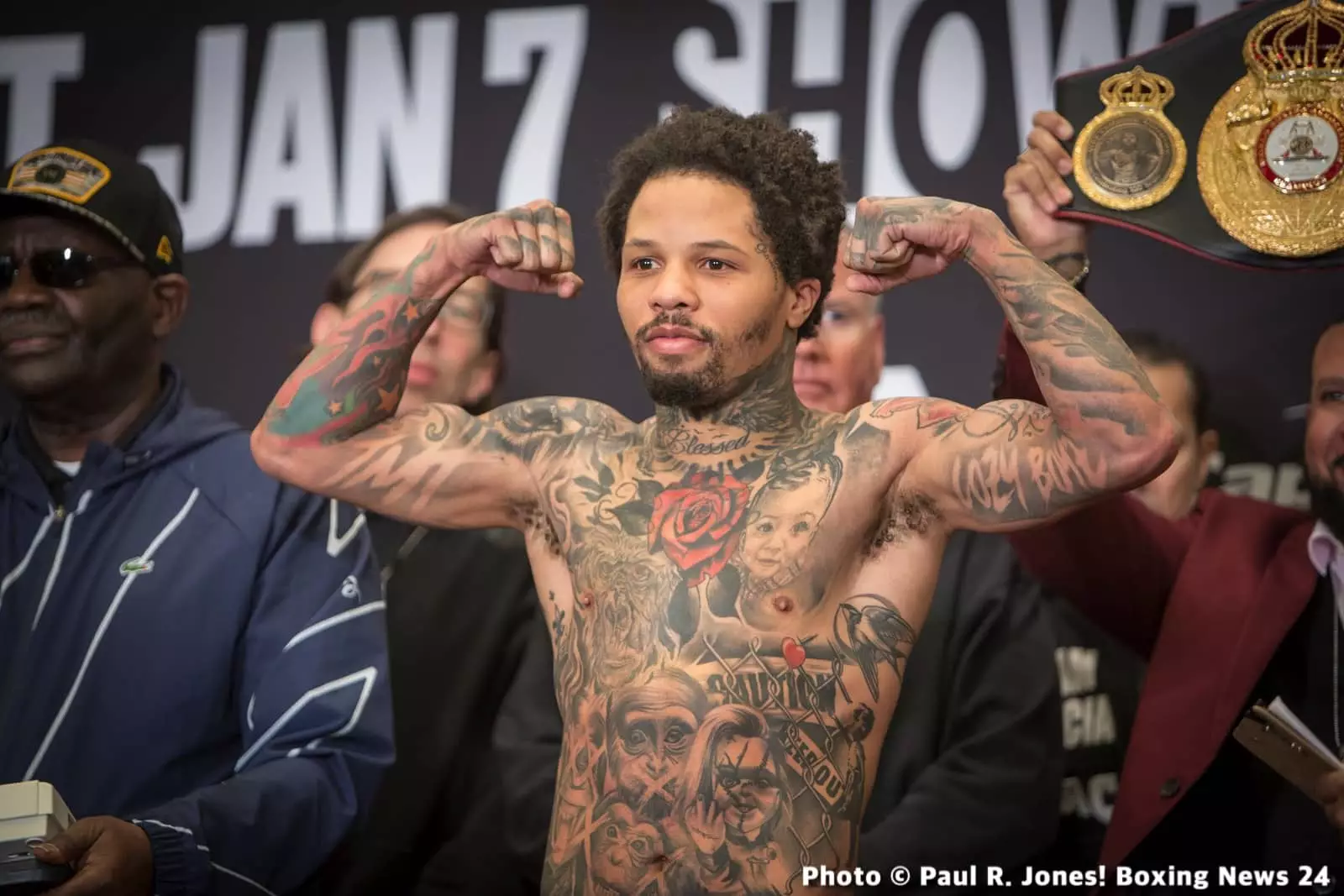The sports world was thrown into chaos when a mysterious, now-deleted post from Netflix Turkey briefly announced an upcoming showdown between Jake Paul and Gervonta “Tank” Davis. Such a slip-up is rarely accidental in the high-stakes domain of boxing promotion, hinting at a far more deliberate plan. The swift removal of the post, combined with Netflix’s silence and promotional entities remaining mum, suggests this is more than just a rumor—it’s a near-confirmed plan quietly slipping through the cracks of the public eye. The fact that Netflix has a history of streaming significant boxing events, from high-profile bouts involving Tyson to female trailblazers like Katie Taylor, adds credibility to this leak. It signals the possibility of a groundbreaking crossover event — a spectacle designed not just for boxing fans but to attract a broader audience eager for entertainment.
Beyond the Surface: The Strategy Behind the Fight
A fight between Jake Paul and Gervonta Davis would be a monumental clash of different worlds—spectacle versus sport, influencer versus reigning champion. What makes this matchup intriguing is its strategic significance in the evolving landscape of boxing. Davis, a talented and charismatic lightweight king, has been eyeing opportunities to elevate his profile and secure bigger crossover fights. Meanwhile, Paul has built his brand on controversial, viral bouts that blend entertainment and boxing, often defying traditional expectations. Pairing these two fighters could serve a dual purpose: satisfying boxing purists curious about Davis’s legitimacy and captivating a streaming audience hungry for blockbuster moments. The timing fits neatly into the pre-existing boxing calendar, aiming for a November showdown that could dominate headlines, bolstered especially by Netflix’s reach.
Weight Disparity and Reality Checks
Perhaps the most glaring obstacle is the stark weight difference; Davis fights at around 135 pounds, while Paul typically weighs over 190 pounds during his bouts. This gap alone is a logistical challenge—will they agree on a catchweight, or will Davis move up significantly? Past fights have shown that in modern boxing, money can and often does override traditional weight classes, especially when social media and streaming revenue are in play. The proposed bout could be a strategic gamble: a spectacle with high revenue potential, even if the competitive fairness is questionable. It raises questions about the sport’s integrity—are we witnessing a shift toward entertainment-first boxing, where star power and financials outweigh technical accuracy?
The Cultural Impact and Future Implications
If this fight materializes, it could pave a new path for boxing—an era where crossover appeal, social media influence, and traditional boxing are intertwined more tightly than ever before. For Paul, this would be a significant step toward legitimacy, challenging the perception that his fights are mere exhibitions. For Davis, it’s an opportunity to expand his reach and solidify his status as a versatile, global star. For fans and critics alike, the event encapsulates the ongoing debate: is this a revolutionary evolution or a dangerous dilution of boxing’s athletic core? Either way, the implications stretch beyond the ring, shaping perceptions of how boxing evolves within the streaming age.
The potential collision between Jake Paul and Gervonta Davis represents more than just another fight—it’s a transformative event that could redefine the boundaries between sport, entertainment, and commercialism. Whether it ultimately comes to fruition or remains a fleeting rumor, it underscores one thing clearly: boxing is shifting into an era where spectacle and substance increasingly blur, with the power to reshape its future entirely.


Leave a Reply